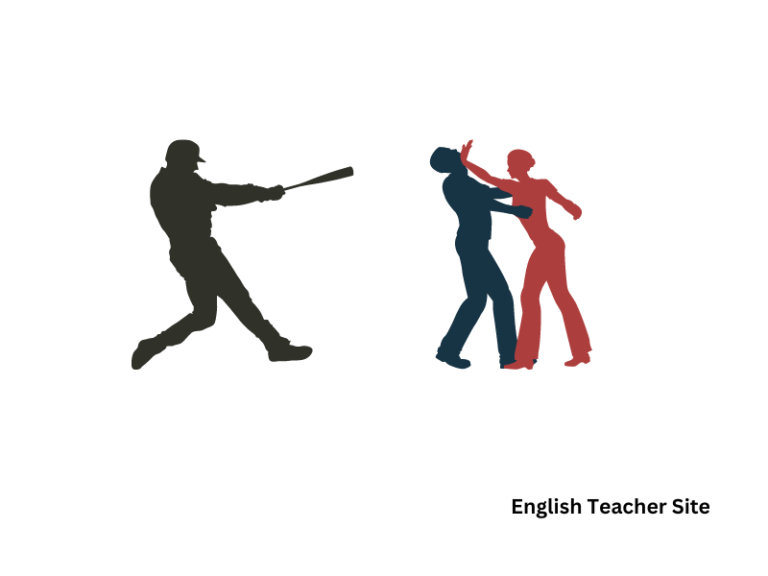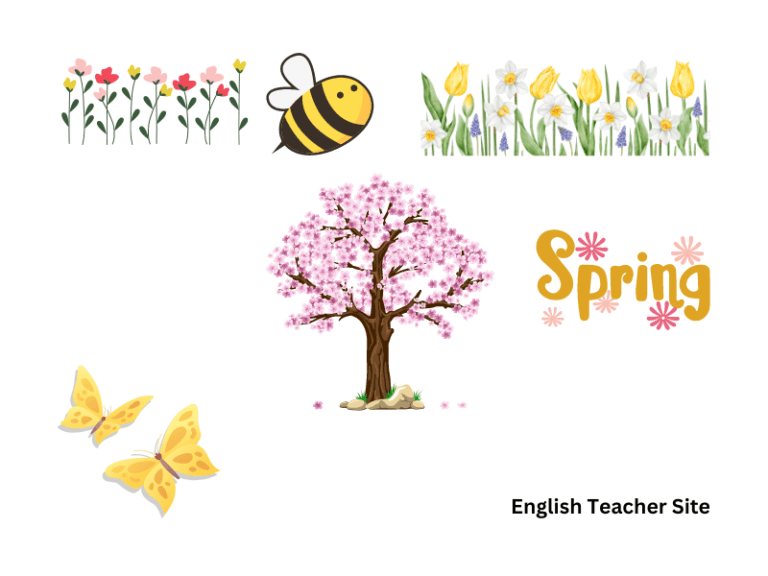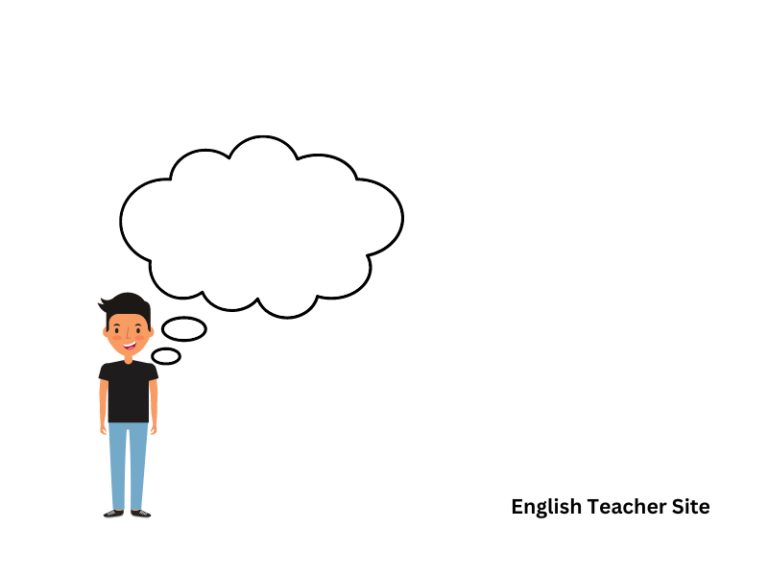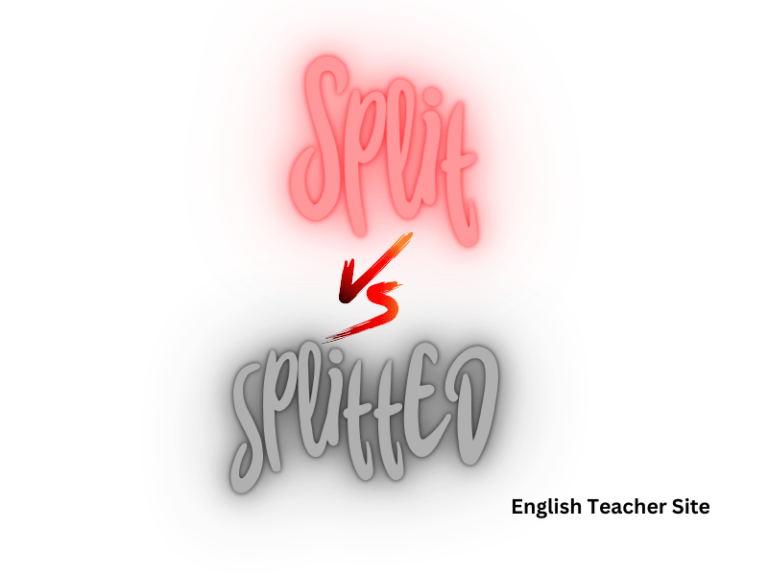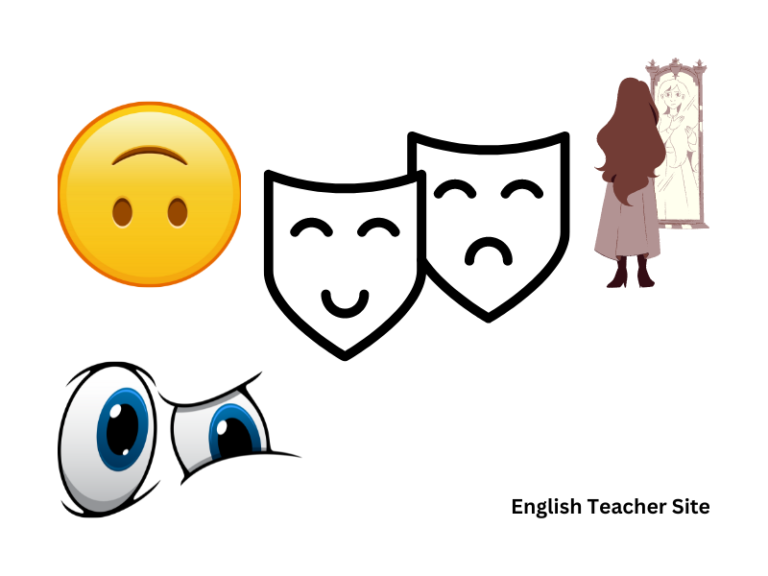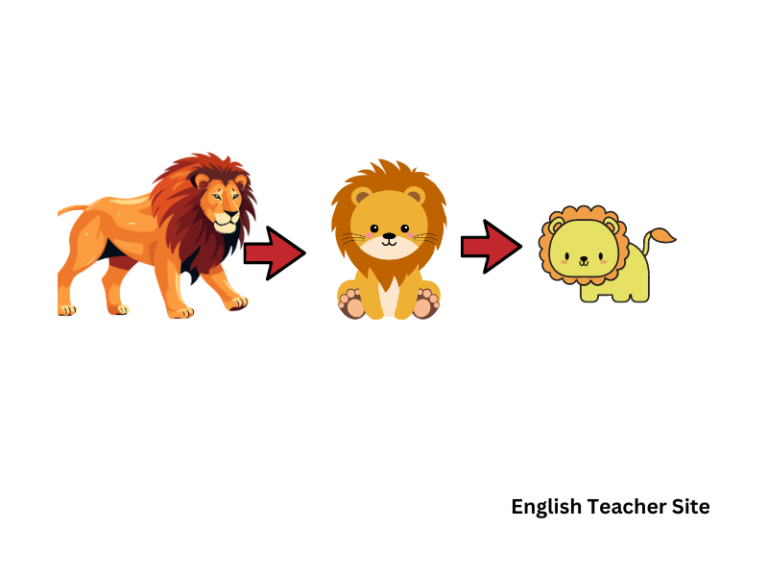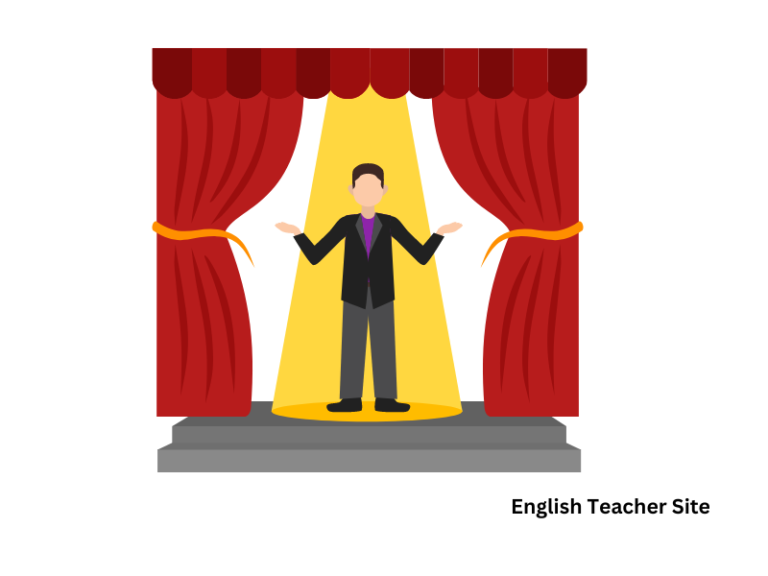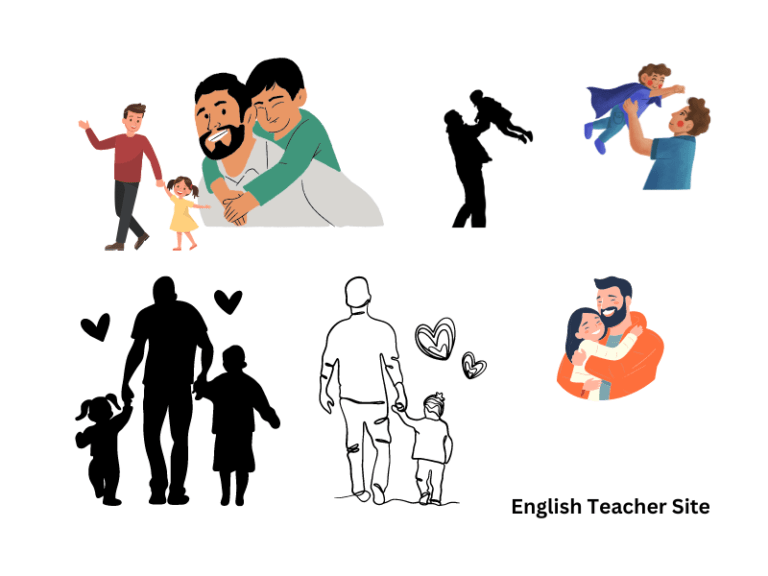Struck or Stricken: Understanding the Past Tense of Strike
The simple past tense of ‘strike’ is most commonly ‘struck’. However, ‘stricken’ is also correct in specific instances, typically as a past participle when paired with the verb ‘to be’ or ‘to have’. For example, someone might be ‘stricken’ with guilt or a document might have a passage ‘stricken’ out. Forms of the verb ‘strike’…

